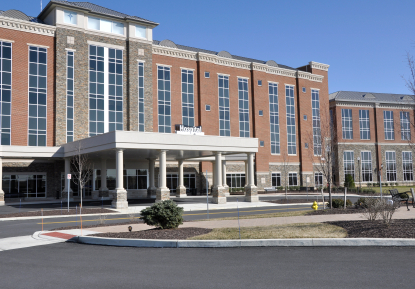SNAP’s Perspective on PA’s Budget
The state budget passed in Harrisburg last week represents both a victory for Pennsylvania’s safety-net hospitals and an affirmation of the manner in which the Safety-Net Association of Pennsylvania (SNAP) has pursued its advocacy on behalf of the state’s safety-net hospitals.
 Under this budget, and despite still-difficult economic times, safety-net hospitals came away almost entirely unharmed by state spending cuts.
Under this budget, and despite still-difficult economic times, safety-net hospitals came away almost entirely unharmed by state spending cuts.
The genesis of this success can be traced back to February, when Governor Corbett unveiled his proposed budget. After years of SNAP’s vigorous advocacy that emphasized urging state officials to direct the state’s scarce resources to their primary partners in caring for Medical Assistance patients – Pennsylvania’s private safety-net hospitals – this year’s budget proposal did exactly that. Instead of the usual proposals to cut Medicaid disproportionate share (Medicaid DSH) and other supplemental payments that only safety-net hospitals receive, the administration proposed spreading the potential financial pain to all hospitals, as exemplified by its original proposal to cut fee-for-service hospital base rate payments four percent while leaving the most critical supplemental payments untouched.
This proposal gave every hospital in the state, not just safety-net hospitals, a stake in opposing the proposed cuts. This brought the entire hospital industry together to oppose those cuts. This unified effort proved successful – vindication, we believe, of SNAP’s long-time approach to advocating the distinct interests of Pennsylvania’s safety-net hospitals.



